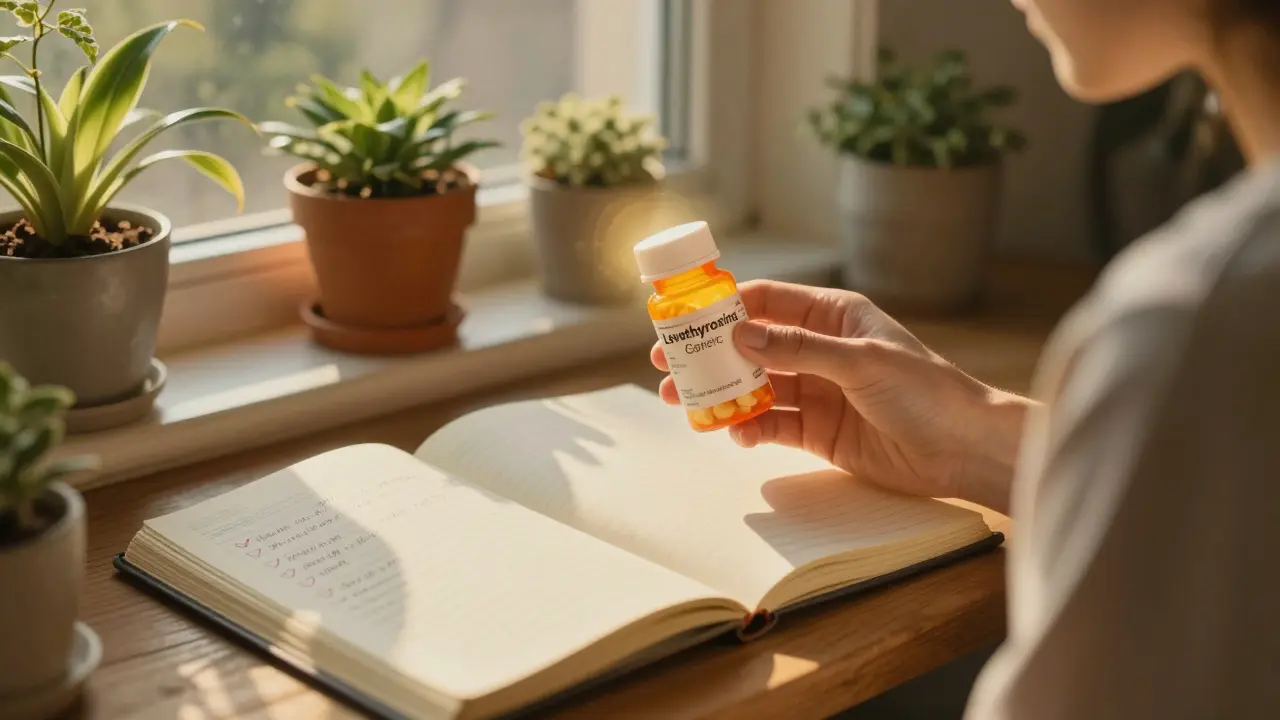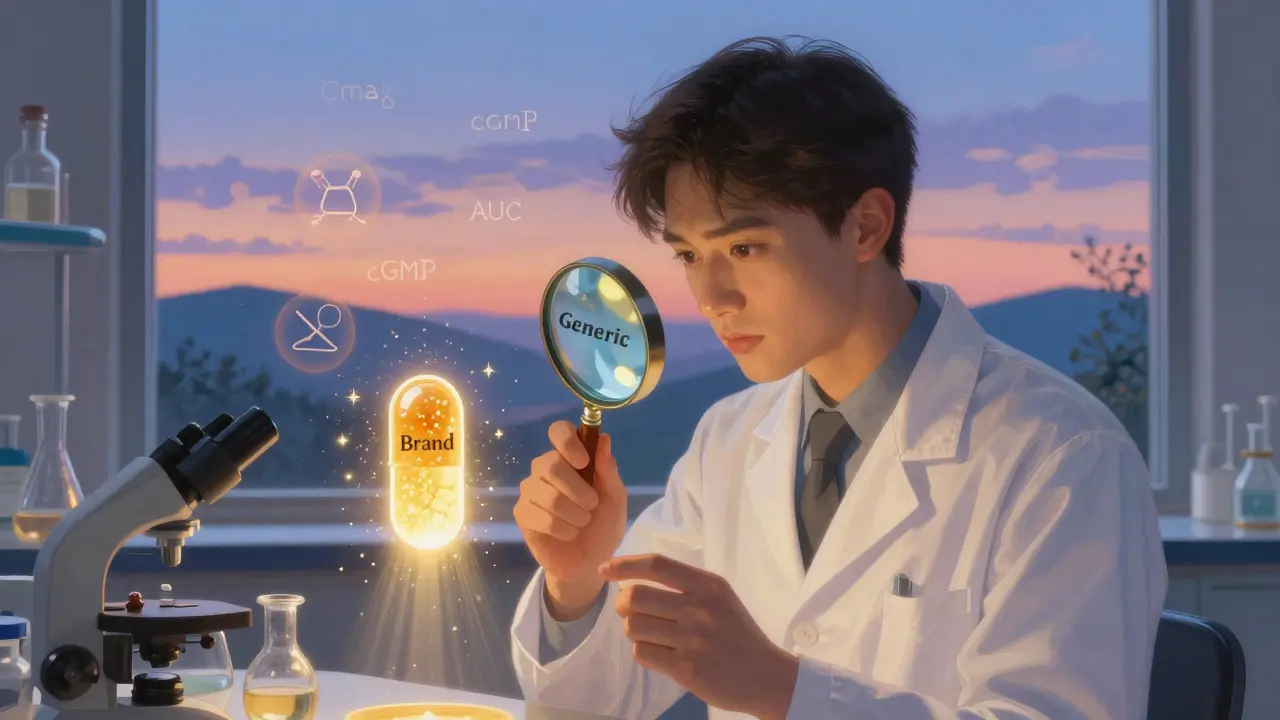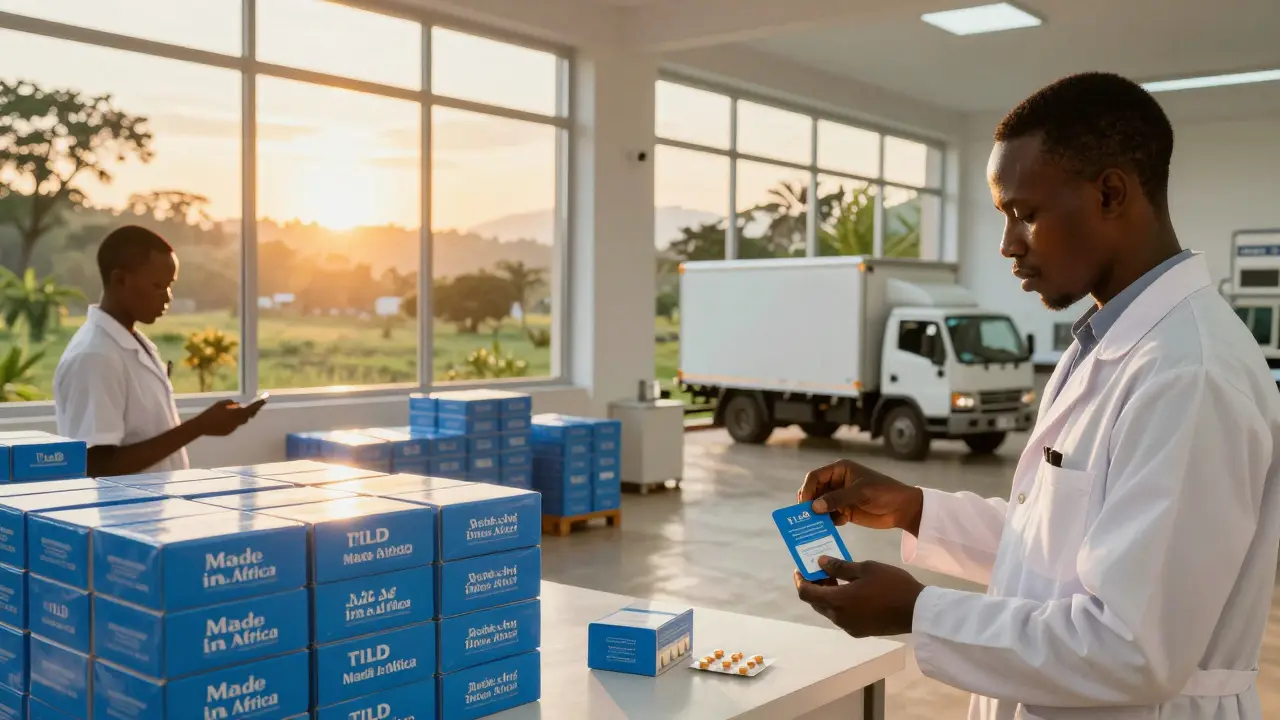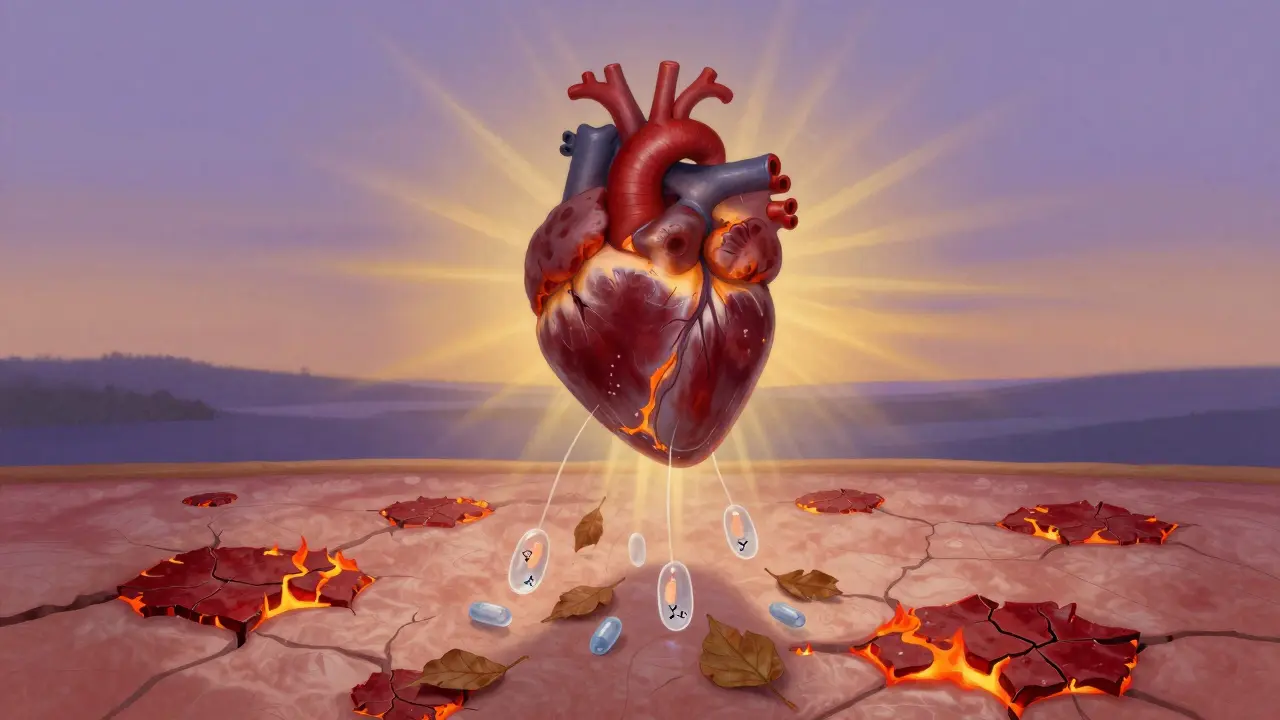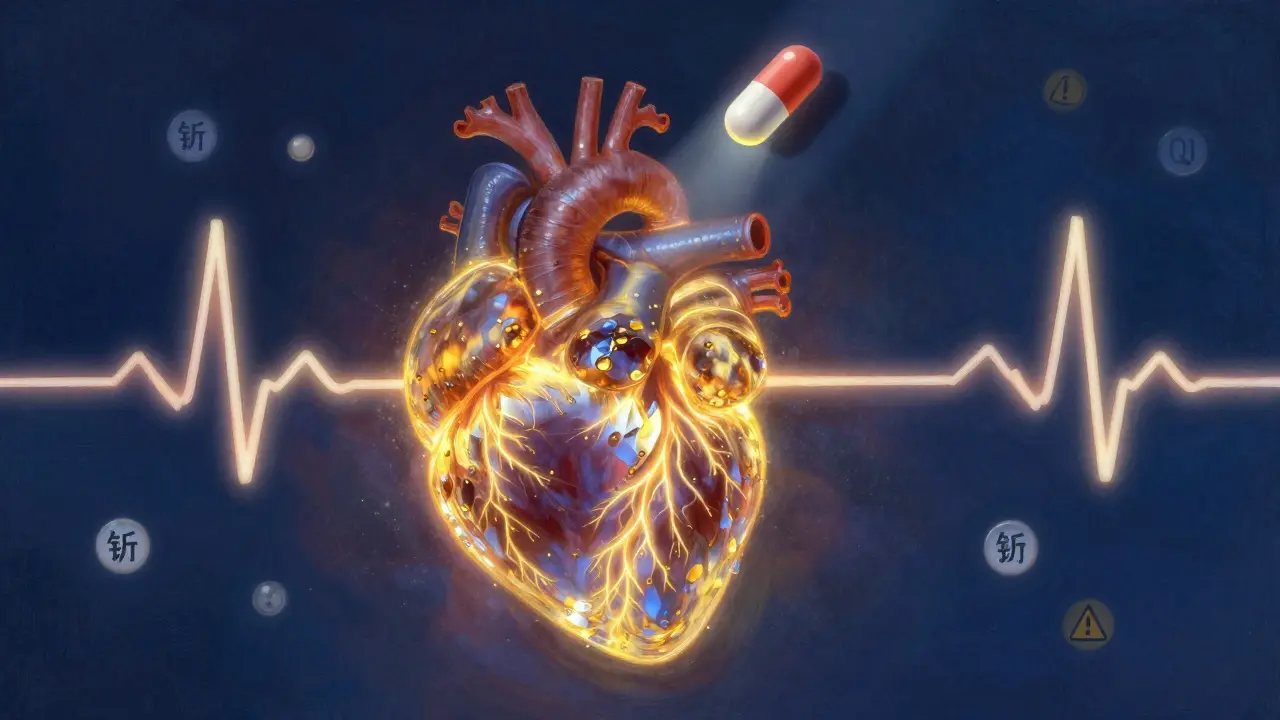PremiumRxDrugs: Your Trusted Source for Pharmaceuticals - Page 5
Monitoring Your Health After Switching to Generics
Switching to generic medications is safe for most people, but some need to monitor their health closely. Learn which drugs require extra attention, how to track symptoms, and what to do if you notice changes after the switch.
Generic Drug Quality Standards: FDA Requirements and Testing Explained
Learn how the FDA ensures generic drugs are just as safe and effective as brand-name drugs through strict pharmaceutical and bioequivalence standards, manufacturing inspections, and testing protocols. Discover why generics save billions without compromising quality.
Antimalarial Medications: QT and CYP Interactions You Need to Know
Antimalarial drugs like hydroxychloroquine and artemether-lumefantrine can cause dangerous heart rhythm changes and interact with common medications. Learn which combinations are risky and how to stay safe.
Generic vs Brand Drug Prices: Complete Comparison Guide
Generic drugs work the same as brand-name drugs but cost up to 85% less. Learn why generics are safe, how prices drop with competition, and how to save money on prescriptions without sacrificing quality.
Quality by Design in Generic Drug Development: Modern Science-Based Approaches
Quality by Design (QbD) is now the standard for generic drug development, replacing outdated testing methods with science-based process control. Learn how QbD improves bioequivalence, cuts approval times, and saves millions-while ensuring consistent, safe medicines.
Antiretroviral Generics in Africa: How Local Production Is Transforming HIV Treatment Access
African-made antiretroviral generics are transforming HIV treatment access, reducing dependence on imports and building local health sovereignty. With WHO-prequalified drugs like TLD now in use, the continent is moving toward self-reliance in medicine production.
How Second and Third Generic Drugs Drive Down Prescription Prices
Second and third generic drug manufacturers drive prescription prices down by 50-90% compared to brand-name drugs. Learn how competition cuts costs and what blocks it.
Psoriasis and Beta-Blockers: Can Your Blood Pressure Med Trigger Skin Flares?
Beta-blockers like metoprolol can trigger or worsen psoriasis in up to 20% of users. Learn which meds are most likely to cause flares, how to spot the connection, and what safer alternatives exist.
Macrolide Antibiotics and Heart Arrhythmias: What You Need to Know About QT Prolongation Risk
Macrolide antibiotics like azithromycin and clarithromycin can cause QT prolongation and dangerous heart rhythms. Learn who’s at risk, how to spot warning signs, and what alternatives exist.
Vancomycin and Infusion Reactions: What You Need to Know About Vancomycin Flushing Syndrome
Vancomycin infusion reactions, once called red man syndrome, are common but preventable. Learn what causes them, how to recognize them, and why slowing the infusion is the only real fix.

